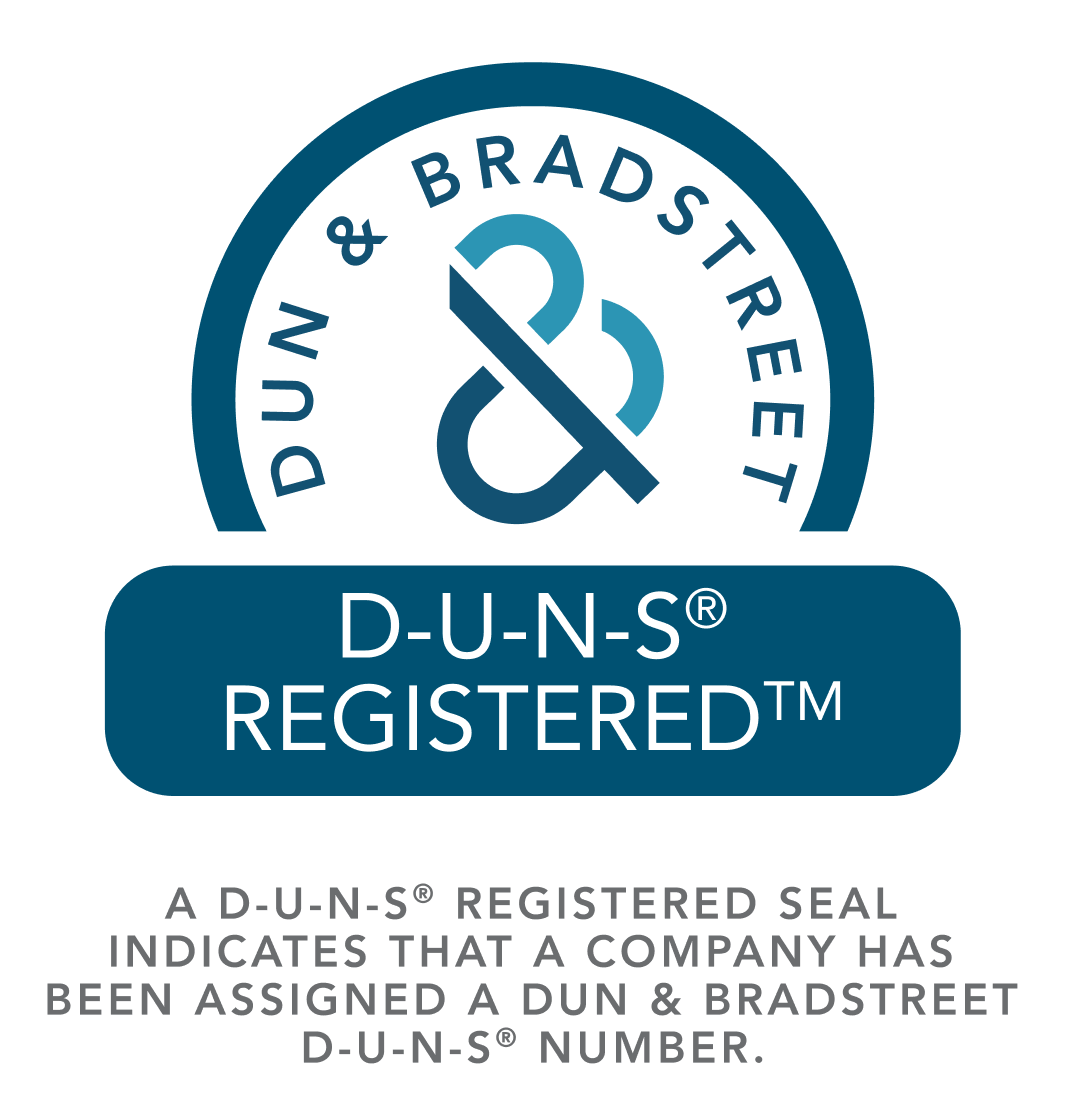Nursing is more than just a career—it's a calling that embodies compassion, resilience, and a commitment to excellence in patient care. However, before you can fully embrace this calling, you must first overcome a crucial hurdle: obtaining your nursing license. This guide serves as your trusted companion on the path to licensure, providing clear insights and valuable information to help you transition confidently from the classroom to the bedside. Whether you're a recent graduate, an experienced healthcare professional exploring new horizons, or someone curious about the world of nursing, this resource is designed to empower you and illuminate the journey toward practice.
What Is Nursing Licensure and Why Is It Important?
A nursing license is an official authorization granted by a state’s Board of Nursing (BON) that allows you to practice as a registered nurse (RN) or licensed practical nurse (LPN). It confirms that you’ve met the necessary education, training, and examination requirements to provide safe and effective patient care.
Without proper licensure, working as a nurse is illegal, and hospitals, clinics, and other healthcare facilities won’t hire unlicensed individuals. Additionally, licensure upholds professional standards and protects public safety by ensuring nurses are well-trained and competent.
Step 1: Complete an Accredited Nursing Program
The first step to becoming a licensed nurse is enrolling in a state-approved nursing program. There are different pathways depending on your career goals:
- Licensed Practical Nurse (LPN) Programs: Typically take 12–18 months and prepare you for entry-level nursing roles.
- Associate Degree in Nursing (ADN): A 2-year program that qualifies you to take the NCLEX-RN exam.
- Bachelor of Science in Nursing (BSN): A 4-year degree that provides a broader foundation in nursing practice, leadership, and research.
Choosing an Accredited Program
It’s crucial to select a program accredited by recognized agencies such as:
- The Accreditation Commission for Education in Nursing (ACEN)
- The Commission on Collegiate Nursing Education (CCNE)
Completing an accredited program ensures eligibility for licensure exams and improves job prospects.
Step 2: Understand Your State’s Licensing Requirements
Each state has its own nursing licensure requirements, established by its Board of Nursing. Generally, applicants must provide proof of graduation from an accredited nursing program, achieve a passing score on the NCLEX-RN for registered nurses or the NCLEX-PN for practical nurses, and undergo criminal background checks and fingerprinting. Additionally, application fees and processing times vary by state. To ensure you meet all the necessary criteria, check the specific licensure requirements for your state on the National Council of State Boards of Nursing (NCSBN).
Step 3: Register for and Pass the NCLEX Exam
The National Council Licensure Examination (NCLEX) is the final hurdle to becoming a licensed nurse. Administered by the National Council of State Boards of Nursing (NCSBN), this computerized exam evaluates your critical thinking, patient care skills, and nursing fundamentals. If you're pursuing a career as a Registered Nurse (RN), you must pass the NCLEX-RN, while those training to become a Licensed Practical/Vocational Nurse (LPN/LVN) need to take the NCLEX-PN. The exam is adaptive, meaning the difficulty adjusts based on your responses.
How to Prepare for the NCLEX:
- Review the NCLEX Test Plan on the NCSBN website.
- Use practice questions from resources like Kaplan Nursing or UWorld Nursing
- Enroll in a structured prep course if needed.
Once you pass, you’ll receive confirmation from your state’s Board of Nursing.
Related: Passing the NCLEX: Essential Tips and Strategies for Aspiring Nurses

Step 4: Submit Your Nursing License Application
After passing the NCLEX, you'll need to formally apply for your nursing license. This process involves submitting an official application to your state’s Board of Nursing, providing transcripts and proof of graduation, and paying the required application and processing fees. Some states also require a criminal background check as part of the licensure process. Once everything is submitted, you’ll need to wait for approval from the Board before receiving your license. Be sure to follow all instructions carefully to ensure a smooth and timely application process.
Here’s a link to the NCSBN website, which provides links to each state’s BON
Step 5: Receive and Maintain Your Nursing License
Once your application is approved, you’ll officially receive your nursing license! However, licensure isn’t a one-time process—nurses must maintain their licenses through renewal and continuing education.
Nursing License Renewal
Each state has its own renewal period, typically every two to three years. Requirements may include:
- Completing a certain number of Continuing Education Units (CEUs)
- Paying renewal fees
- Submitting proof of recent clinical practice
Additional Certifications for Career Advancement
Beyond licensure, obtaining additional nursing certifications can help you specialize and enhance career opportunities. Some popular certifications include:
These certifications demonstrate expertise in specialized areas and can lead to better job prospects and higher salaries.
Conclusion
The journey to nursing licensure may seem overwhelming, but each step brings you closer to a fulfilling and impactful career in healthcare. From selecting an accredited program to passing the NCLEX and maintaining licensure, the process ensures that nurses are well-prepared to provide high-quality care.
Ready to Start Your Nursing Journey?
At Verovian Nursing Agency, we’re passionate about helping you achieve your nursing career goals. With roles spanning the entire USA, we offer a diverse range of opportunities—from flexible travel assignments and dynamic locum tenens roles to stable, permanent positions. Whether you're looking to explore new places or settle into a community, our extensive network connects you with positions that match your skills and ambitions. Browse our latest job listings today and take the next step toward a fulfilling nursing career!




